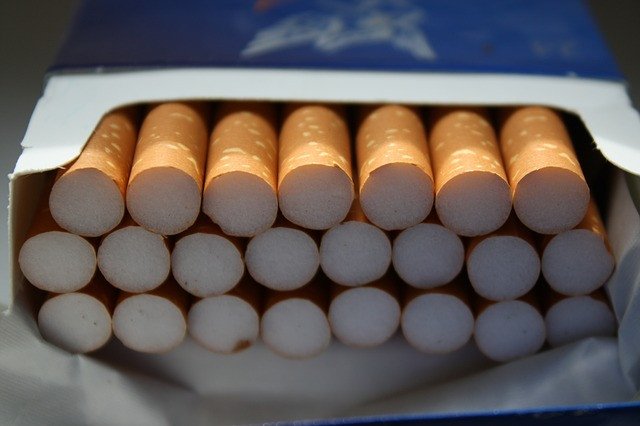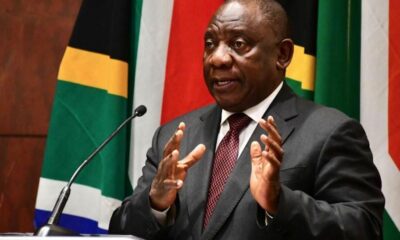News
Tobacco Wars: Illicit Trade Sparks Explosive Rift in South Africa’s Cigarette Industry

The cigarette aisle has become a battleground and not just for market share.
A fiery dispute has broken out in South Africa’s tobacco sector following a damning Ipsos report, funded by British American Tobacco South Africa (BATSA), that accuses several companies, including Polaris Manufacturing of playing a central role in the country’s illicit cigarette trade.
But Polaris is not going down without a fight. The company, formerly known as Gold Leaf Tobacco, has rejected the report as “dishonest” and “legally unsound,” accusing BATSA of hypocrisy and deflecting attention from its own alleged misconduct.
Price ≠ Illicit: Polaris Fights Back
At the heart of the controversy is how Ipsos defines “illicit” by price. If a pack sells below the Minimum Collectable Tax (MCT) or BATSA’s suggested Lowest Economically Viable Price, it’s flagged as suspect. But Polaris director Raees Saint calls this method flawed.
“The study assumes price alone proves tax evasion,” Saint said. “That’s not just misleading it completely ignores factors like counterfeit goods, cross-border smuggling, and retail-level price manipulation.”
Saint went further, claiming Polaris is among the few tobacco firms under daily on-site surveillance by SARS, South Africa’s revenue service. “If we were dodging tax, the government would know, because they’re watching every day.”
Under the Smoke: Bigger Issues at Play
The Ipsos findings have reignited tensions in a sector that’s already under pressure. Cigarette smuggling and tax dodging aren’t new in South Africa, they exploded during the 2020 tobacco ban under COVID-19 lockdowns, when legal products vanished from shelves and black market operators filled the gap.
Since then, cheap, often illicit cigarettes have flooded townships and informal shops. Many sell for under R20, well below the price expected if full excise duty is paid.
But Polaris argues that price-sensitive consumers, harsh economic conditions, and outdated tax policies are part of the problem, not just shady dealers.
“The rest of Africa has much lower excise duties,” said Saint. “When there’s no profit to be made smuggling across borders, there’s no incentive for criminals. We should be aligning with our neighbours, not punishing the legal industry.”
A Shift in Consumer Habits
While cigarette giants clash over tax and pricing, South African smokers are quietly moving in a new direction, towards smokeless tobacco alternatives.
At this week’s Technovation Summit in Cape Town, Philip Morris executive Branislav Bibic revealed that nearly 1 in 5 legal smokers in South Africa have switched to smokeless products.
“These are not just global trends, they’re happening right here,” said Bibic. “South Africans are open to change when given access and accurate information.”
From heated tobacco devices to nicotine pouches, these alternatives are shaking up a market that’s long been dominated by traditional cigarettes.
Public Response: A Divided Landscape
On social media, the debate has polarized South Africans. Some blame “Big Tobacco” infighting for undermining the fight against real criminal syndicates. Others say BATSA is simply protecting its turf, using research to trigger regulatory crackdowns on smaller competitors.
Meanwhile, anti-tobacco activists have called for an independent investigation into illicit trade and better border control rather than relying on industry-funded studies.
What’s Next?
As SARS continues its clampdown and pressure mounts on Treasury to re-evaluate excise tax policy, the tobacco industry faces a crossroads.
Will it be possible to balance tax enforcement with fair competition, especially in a country where economic inequality drives demand for cheaper products? Can policymakers create an environment that supports innovation in smokeless alternatives while still cracking down on real tax cheats?
One thing is clear: the smoke in this war isn’t clearing anytime soon and the real losers may be the everyday South Africans caught in the crossfire between regulation, affordability, and access.
For consumers:
If you’re unsure whether your cigarettes are legal or not, check for excise stamps and packaging details and report suspicious sales to SARS.
{Source: IOL}
Follow Joburg ETC on Facebook, Twitter , TikTok and Instagram
For more News in Johannesburg, visit joburgetc.com



























